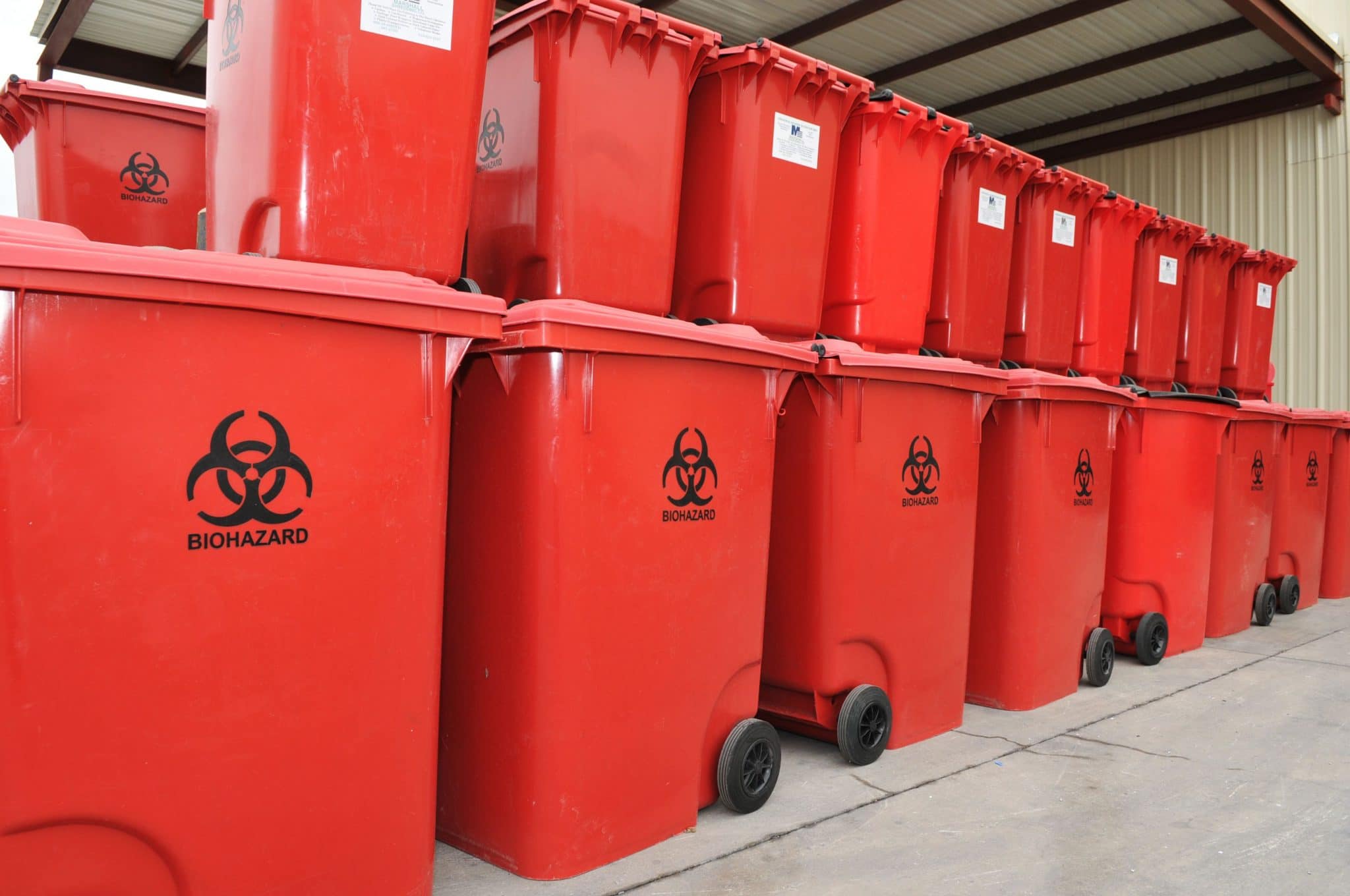Navigating Medical Waste Disposal: Necessary Services for Healthcare Facilities
Healthcare facilities, whether large medical facilities or little clinics, are handed over with the obligation of handling, dealing with, and disposing of a broad variety of clinical waste streams. Understanding the essential services that sustain clinical waste disposal is not simply an issue of conformity however also a fundamental component in safeguarding public health and environmental well-being.
Regulatory Conformity Support
For health care facilities, making certain regulative conformity support is vital to maintain proper handling and disposal of medical waste. Adhering to regulations established forth by companies such as the Epa (EPA) and the Occupational Security and Wellness Administration (OSHA) is crucial to avoid ecological contamination, shield public health and wellness, and avoid possible legal repercussions. Governing compliance assistance gives healthcare facilities with advice on how to correctly segregate, store, transport, and get rid of different sorts of clinical waste based on regional, state, and federal regulations. This support includes assistance in creating and carrying out extensive waste administration strategies, performing normal staff training sessions, and doing audits to make sure continuous conformity. By partnering with governing compliance experts, medical care centers can stay up-to-date on progressing regulations, minimize risks related to improper garbage disposal, and ultimately add to a much safer and more sustainable atmosphere for all.
Waste Segregation Guidance

Healthcare centers need to offer clear guidelines and training to staff on just how to segregate waste successfully. This includes separating basic waste from harmful materials such as sharps, transmittable waste, drugs, and chemical waste. Color-coded containers, labels, and signs are frequently used to assist in waste segregation methods. Regular audits and tracking of waste partition procedures are important to determine any problems and make required enhancements.
Collection and Transport Services

Proper collection and transportation services are vital components of the clinical waste disposal process in medical care centers. These services guarantee that hazardous materials are handled safely and in conformity with regulations to protect both the atmosphere and public wellness. Healthcare centers rely upon specialized waste monitoring companies to give efficient collection and transport services customized find more to their demands.
Clinical waste collection entails setting apart different types of waste at the point of generation, using color-coded containers or bags to distinguish between basic, hazardous, pharmaceutical, and various other waste streams. As soon as gathered, the waste is carried in committed lorries geared up to deal with dangerous products securely.
Treatment and Disposal Solutions
In the realm of clinical waste image source disposal for health care centers, after the crucial stage of collection and transportation solutions, the focus changes towards implementing effective treatment and disposal solutions. Treatment options usually involve procedures such as autoclaving, which utilizes vapor under pressure to disinfect the waste. This technique is generally made use of for contagious waste that needs to be made non-hazardous before disposal. Another widespread therapy approach is incineration, where waste is subjected to heats in controlled setups to minimize its volume and remove virus.
Disposal solutions encompass the final step in the medical waste management process. Reusing and source healing are additionally getting grip as lasting disposal alternatives for certain types of medical waste products.
Effective treatment and disposal options are critical in ensuring conformity with regulations and safeguarding public wellness and the atmosphere. Health care facilities must carefully examine and choose proper approaches that line up with their waste administration goals and sustainability campaigns.
Team Training and Education And Learning

To properly take care of medical garbage disposal in healthcare centers, detailed team training and education play a crucial function in ensuring adherence to regulatory requirements and maintaining a secure setting. Correct training gears up personnel with the understanding and abilities required to take care of various kinds of clinical waste, segregate them appropriately, and package them safely for disposal. By informing staff members on the dangers connected with inappropriate handling of clinical waste, centers can minimize the probability of mishaps, contamination, and governing violations.

Final Thought
To conclude, healthcare facilities count on important medical garbage disposal services to ensure regulative conformity, correct waste segregation, risk-free collection and transport, effective treatment and disposal, in addition to staff training and education. These solutions play a vital function in preserving the health and security of both healthcare employees and the public, highlighting the significance of proper management of medical waste in healthcare settings.
For medical care facilities, ensuring governing conformity support is essential to preserve proper handling and disposal of clinical waste. Waste partition involves classifying various types of medical waste to make sure ideal handling, treatment, and disposal. This consists of separating basic waste from harmful materials such as sharps, infectious waste, pharmaceuticals, and chemical waste.Clinical waste collection entails setting apart different types of waste at the factor of generation, utilizing color-coded bins or bags to differentiate between basic, harmful, pharmaceutical, and other waste streams.In the world of medical waste disposal for health care facilities, after the critical phase of collection and transport solutions, the emphasis changes towards implementing reliable therapy and disposal options.